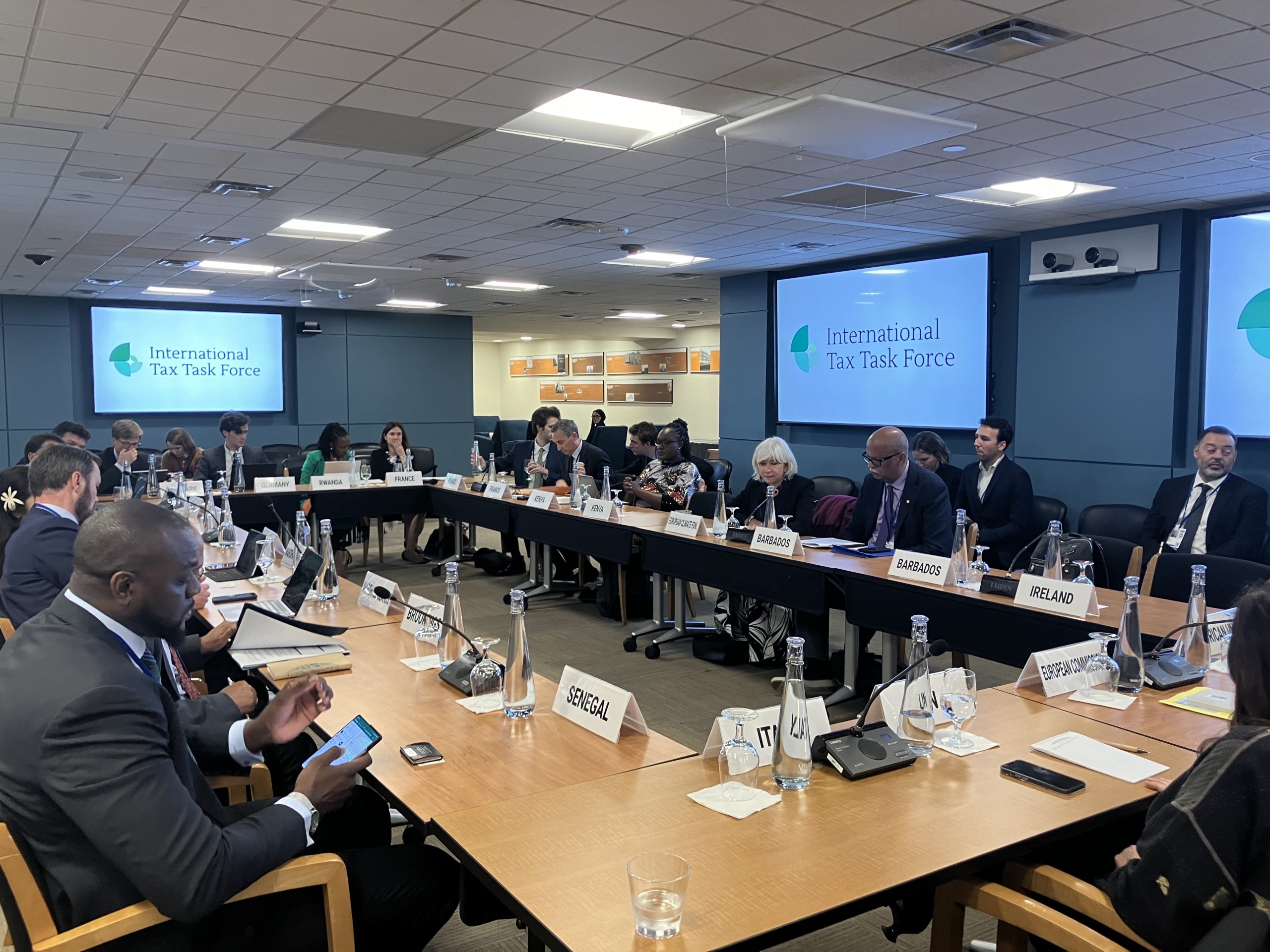This article serves as a preview of a forthcoming full report, to be published in the second half of 2025. Please cite this work and its relation to the future report as follows:
Pereira da Silva, L. A., Proctor, J. C., Salin, M., Svartzman, R., Després, M., Saint-Amans, P. and Tubiana, L. (2025). Global Solidarity Levies: A Practical Negotiation Framework to Finance the low-carbon Transition and Development. European Climate Foundation (ECF).
Introduction
Climate change is an existential threat to humanity, posing irreversible risks to ecosystems, livelihoods, and global stability (Bolton et al., 2020). Despite much progress in climate awareness and policy development, the international policy agenda has been hampered by growing geopolitical fragmentation and shifting priorities among major global players. As a result, we find ourselves in a world where comprehensive global coordination remains elusive.
Nonetheless, this article argues that it is still possible to make meaningful progress by designing targeted global solidarity levies—such as a tax on international aviation, a sector that significantly contributes to carbon emissions. Such a levy can act as a sectoral carbon tax and, if adopted by a coalition of willing countries, can raise substantial resources. Crucially, the revenues generated could be redistributed to less developed countries that are most vulnerable to climate impacts, creating a win-win outcome for their sustainable development and transition to carbon neutrality.
To support this approach, this article – a preview to a forthcoming report (see citation above) – first proposes a structured theoretical framework and process for practical negotiations to form a climate club, with a focus on the aviation sector. It then presents the early-release of a robust quantitative tool—a technical simulator of the levy’s operation—to allow participants to evaluate potential revenue outcomes, sensitivity to policy parameters, and fair redistribution mechanisms. This simulator will ultimately be expanded to other economic sectors and activities, thereby serving as a practical negotiation and assessment tool for countries willing to engage in global solidarity levies.






